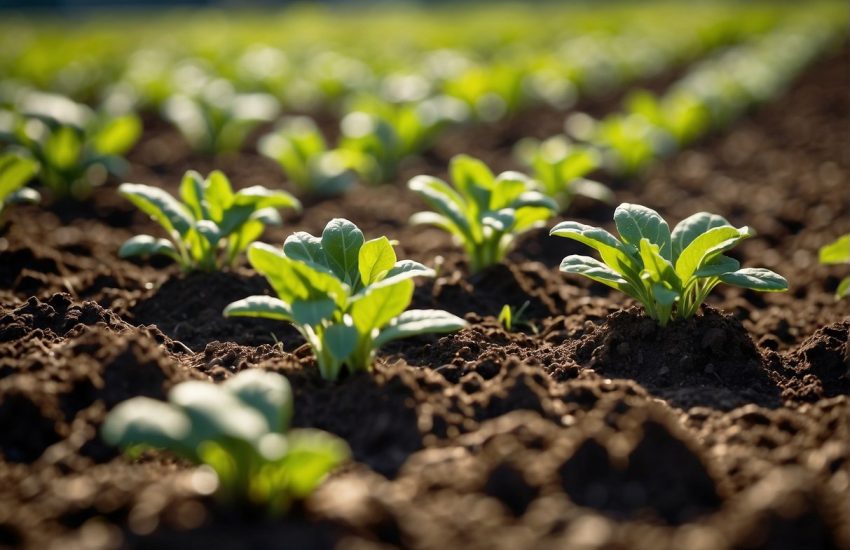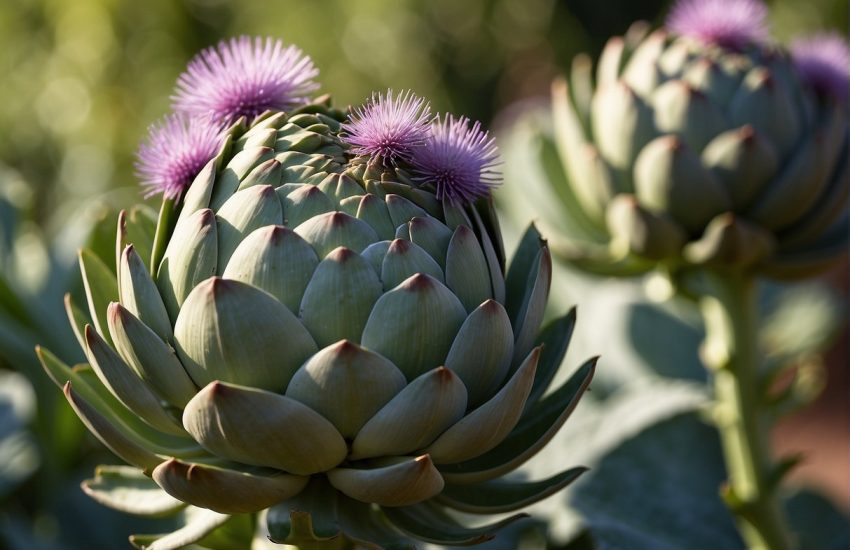Can Chickens Eat Pumpkin Seeds? A Comprehensive Guide
Last updated: February 15, 2026
Nutritional Profile of Pumpkin Seeds for Chickens
Pumpkin seeds are a nutritious snack for chickens. They are a rich source of vitamins, minerals, protein, and healthy fats. In this section, we will explore the nutritional benefits of pumpkin seeds for chickens.
Vitamins and Minerals in Pumpkin Seeds
Pumpkin seeds are rich in vitamins and minerals that are essential for the health of chickens. They are a good source of zinc, which is important for the immune system, and vitamin E, which is an antioxidant that helps protect cells from damage. Pumpkin seeds also contain magnesium, iron, phosphorus, and potassium, which are essential minerals for the growth and development of chickens.
Protein and Healthy Fats Content
Pumpkin seeds are an excellent source of protein and healthy fats for chickens. Protein is essential for the growth and repair of tissues, and healthy fats help to maintain healthy skin and feathers. Pumpkin seeds are also a good source of amino acids, which are the building blocks of protein.
Fiber and Digestive Benefits
Pumpkin seeds are high in fiber, which is important for the digestive health of chickens. Fiber helps to regulate the digestive system and prevent constipation. Pumpkin seeds also contain antioxidants, which help to protect cells from damage and promote overall health.
In conclusion, pumpkin seeds are a nutritious snack for chickens. They are a rich source of vitamins, minerals, protein, and healthy fats. Incorporating pumpkin seeds into the diet of chickens can provide them with numerous nutritional benefits and help to promote overall health and well-being.
Feeding Chickens Pumpkin Seeds Safely
Pumpkin seeds are a nutritious and tasty treat for chickens. However, it is important to feed them in moderation and with appropriate preparation to ensure the safety of the birds. Here are some tips for feeding chickens pumpkin seeds safely.
Preparing Pumpkin Seeds for Chickens
Before feeding pumpkin seeds to chickens, it is important to remove any excess pulp or flesh. This can be done by rinsing the seeds under cold water and allowing them to dry. Alternatively, the seeds can be roasted or dried to remove any remaining moisture and enhance their flavor.
Appropriate Quantities and Moderation
While pumpkin seeds are a healthy addition to a chicken’s diet, they should be fed in moderation. Too many seeds can lead to digestive issues and obesity. A good rule of thumb is to feed no more than a handful of pumpkin seeds per day per chicken.
Potential Risks and Considerations
When feeding pumpkin seeds to chickens, it is important to keep in mind that certain seasonings, such as salt and spices, can be harmful to the birds. It is best to feed plain pumpkin seeds without any added flavorings. Additionally, raw pumpkin seeds should be avoided as they can contain harmful bacteria. Cooked or roasted pumpkin seeds are a safer option.
Overall, feeding chickens pumpkin seeds can be a healthy and enjoyable treat for the birds when done safely and in moderation.
Benefits of Pumpkin Seeds in a Chicken’s Diet

Chickens require a balanced diet to support their overall health, development, and egg production. Pumpkin seeds are a nutritious addition to their diet, providing essential nutrients and other benefits.
Supporting Immune System and Overall Health
Pumpkin seeds are rich in antioxidants, which help to protect the body against free radicals that can cause cell damage. These antioxidants also support the immune system, helping chickens to fight off infections and diseases.
In addition, pumpkin seeds contain minerals such as zinc, which is important for maintaining healthy skin and feathers, as well as supporting the immune system.
Enhancing Egg Production and Quality
Pumpkin seeds are a good source of protein, which is essential for egg production. They also contain amino acids that are important for the development of strong, healthy eggs.
Furthermore, the high levels of zinc in pumpkin seeds can help to improve egg quality, leading to stronger eggshells and healthier chicks.
Natural Deworming Properties
Pumpkin seeds contain compounds that act as a natural dewormer for chickens. These compounds paralyze and expel intestinal worms, helping to keep chickens healthy and free from parasites.
Including pumpkin seeds in a chicken’s diet can also help to improve their digestive system, promoting better nutrient absorption and reducing the risk of digestive issues.
In conclusion, adding pumpkin seeds to a chicken’s diet can provide numerous benefits, including supporting their immune system, enhancing egg production and quality, and acting as a natural dewormer. By including pumpkin seeds in their diet, chicken owners can help to ensure that their birds stay healthy and happy.
Incorporating Pumpkin Seeds into the Chicken Coop
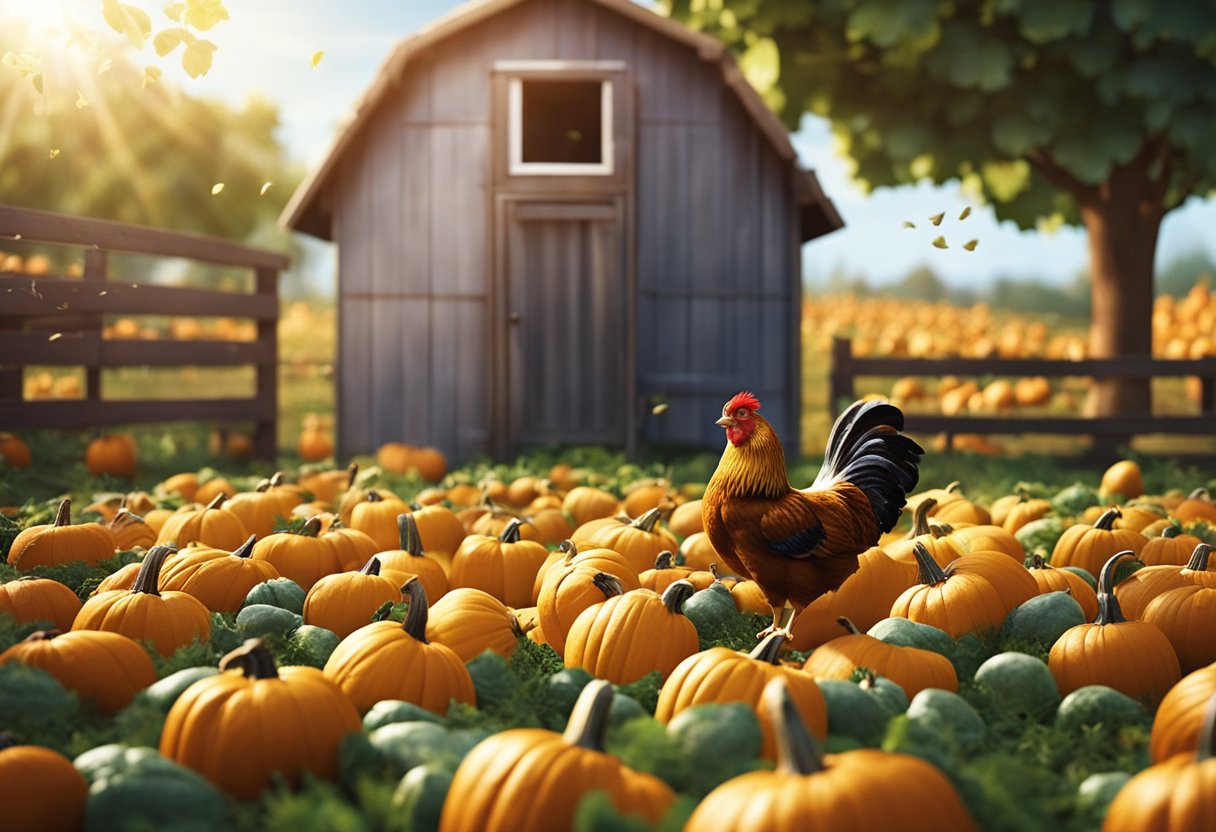
Pumpkin seeds are a great source of protein, fiber, and essential fatty acids, making them an excellent addition to a chicken’s diet. Here are some ways to incorporate pumpkin seeds into the chicken coop:
Mixing Seeds with Other Feed
One easy way to give chickens pumpkin seeds is to mix them in with their regular feed. This can be done by adding a handful of pumpkin seeds to their feed trough each day. It’s important to note that pumpkin seeds should not replace a chicken’s regular feed, but rather be used as a supplement.
Another option is to mix pumpkin seeds with other seeds, such as sunflower seeds, to create a homemade chicken feed. This can be a cost-effective way to provide chickens with a nutritious and varied diet.
Creating Pumpkin Seed Treats and Recipes
Pumpkin seeds can also be used to create fun and healthy treats for chickens. One simple recipe is to mix pumpkin seeds with some pumpkin flesh or pulp to create a tasty treat that chickens will love. Another option is to create a salad for chickens using pumpkin seeds, kale, and broccoli.
For a more substantial treat, pumpkin seed balls can be made by mixing pumpkin seeds with chicken feed and a bit of honey or molasses. These can be rolled into balls and placed in the coop as a supplemental treat.
Overall, incorporating pumpkin seeds into a chicken’s diet can provide numerous health benefits and can be a fun way to keep backyard chickens happy and healthy.
Seasonal Considerations for Feeding Pumpkin Seeds

When it comes to feeding pumpkin seeds to chickens, there are some seasonal considerations to keep in mind. Here are some important factors to consider:
Availability During Fall and Halloween
Pumpkin seeds are most readily available during the fall season, particularly around Halloween. This is because pumpkins are harvested during the fall months, and many people enjoy carving them into jack-o-lanterns for Halloween. As a result, pumpkin seeds are often abundant during this time of year.
Storing and Preserving Pumpkin Seeds
If you want to feed your chickens pumpkin seeds outside of the fall season, it’s important to know how to store and preserve them properly. Fresh pumpkin seeds can be stored in an airtight container in a cool, dry place for up to a month. If you want to preserve them for longer, you can roast them and store them in the freezer for up to six months.
It’s also important to note that pumpkin seeds can become rancid if they are not stored properly. This can happen if they are exposed to heat, light, or moisture for too long. To prevent this from happening, make sure to store your pumpkin seeds in a cool, dry place and use them within a reasonable amount of time.
Overall, feeding pumpkin seeds to chickens can be a healthy and nutritious treat. Just make sure to keep these seasonal considerations in mind and store your pumpkin seeds properly to ensure their freshness and quality.
Alternative Foods and Supplements for Chickens

Comparing Pumpkin Seeds with Other Vegetables
Chickens require a diverse diet to maintain their health and well-being. While many backyard chickens are fed commercial chicken feed, supplementing their diet with vegetables can provide essential nutrients and vitamins. Pumpkin seeds are a popular vegetable choice for chickens due to their high protein and vitamin A content. However, it is important to compare pumpkin seeds with other vegetables to ensure that chickens are receiving a varied diet.
Zucchini, potatoes, butternut squash, acorn squash, and spaghetti squash are all vegetables that can be fed to chickens. These vegetables are high in carbohydrates and provide a good source of energy for chickens. Additionally, they are rich in vitamins and minerals, including vitamin A, which is essential for maintaining healthy skin.
Diversifying Diet with Various Seeds and Supplements
In addition to vegetables, chickens can benefit from a diverse range of seeds and supplements. Pepitas, or pumpkin seeds without the shell, are a popular choice for chickens due to their high protein content. Sesame seeds are another option that can provide essential nutrients, including calcium and iron.
Supplements such as oyster shells and grit can also be added to a chicken’s diet to aid in digestion and provide necessary minerals. Foraging is another way to supplement a chicken’s diet, as they will naturally seek out insects and other small animals to eat.
By diversifying a chicken’s diet with a range of vegetables, seeds, and supplements, backyard chicken owners can ensure that their chickens remain healthy and happy. While pumpkin seeds are a great option, it is important to provide a varied diet to ensure that chickens receive all the necessary nutrients.
Practical Tips for Feeding Chickens Pumpkin Seeds
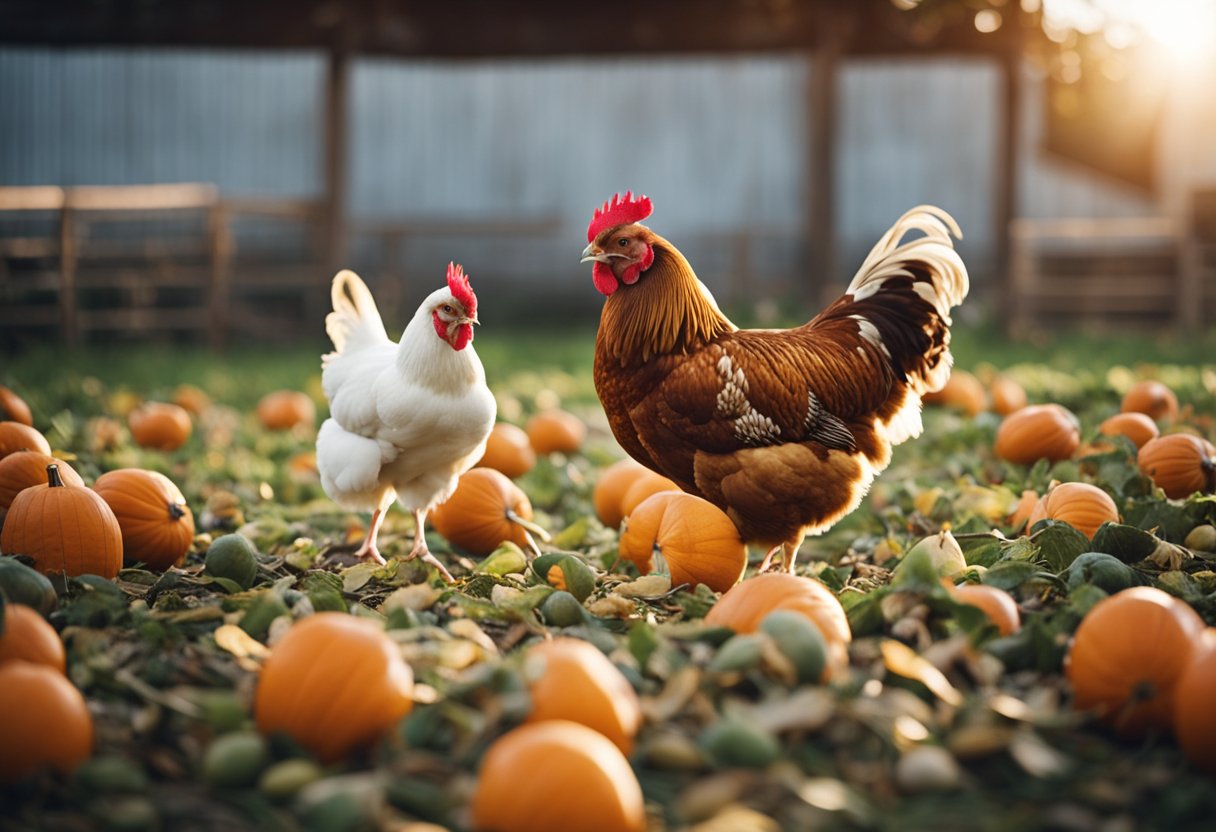
Feeding chickens pumpkin seeds can be a nutritious and enjoyable treat for them. However, it is important to do so in moderation and with caution. Here are some practical tips for feeding chickens pumpkin seeds.
Serving Sizes and Frequency
When feeding pumpkin seeds to chickens, it is important to do so in moderation. Too many pumpkin seeds can cause digestive issues, such as impacted crops or diarrhea. As a general rule of thumb, chickens should only be given pumpkin seeds as a treat and not as a regular part of their diet.
A good serving size for chickens is about a tablespoon of pumpkin seeds per bird per day. This can be given as a whole seed or chopped into bite-sized pieces. It is also important to vary their treats, so they don’t get bored with the same thing every day.
Observing Chicken’s Health and Behavior
When introducing pumpkin seeds to a chicken’s diet, it is important to keep an eye on their health and behavior. If a chicken shows signs of digestive issues such as diarrhea or a change in behavior, stop feeding them pumpkin seeds immediately.
It is also important to note that raw pumpkin seeds can be difficult for chickens to digest. To make it easier for them, consider roasting the pumpkin seeds in the oven before feeding them to the chickens.
If a chicken experiences any serious health issues after eating pumpkin seeds, it is important to consult a veterinarian.
Feeding pumpkins to chickens is also a great way to provide them with a nutritious treat. Pumpkins are high in vitamins and minerals, which can help improve a chicken’s overall health and productivity.
When feeding baby chicks or baby chickens pumpkin seeds, it is important to chop them into very small pieces to prevent choking. It is also important to ensure that the pumpkin seeds are not a replacement for their regular feed.
In conclusion, feeding pumpkin seeds to chickens can be a healthy and enjoyable treat for them. However, it is important to do so in moderation and with caution. By following these practical tips, you can ensure that your chickens stay healthy and happy.
Frequently Asked Questions
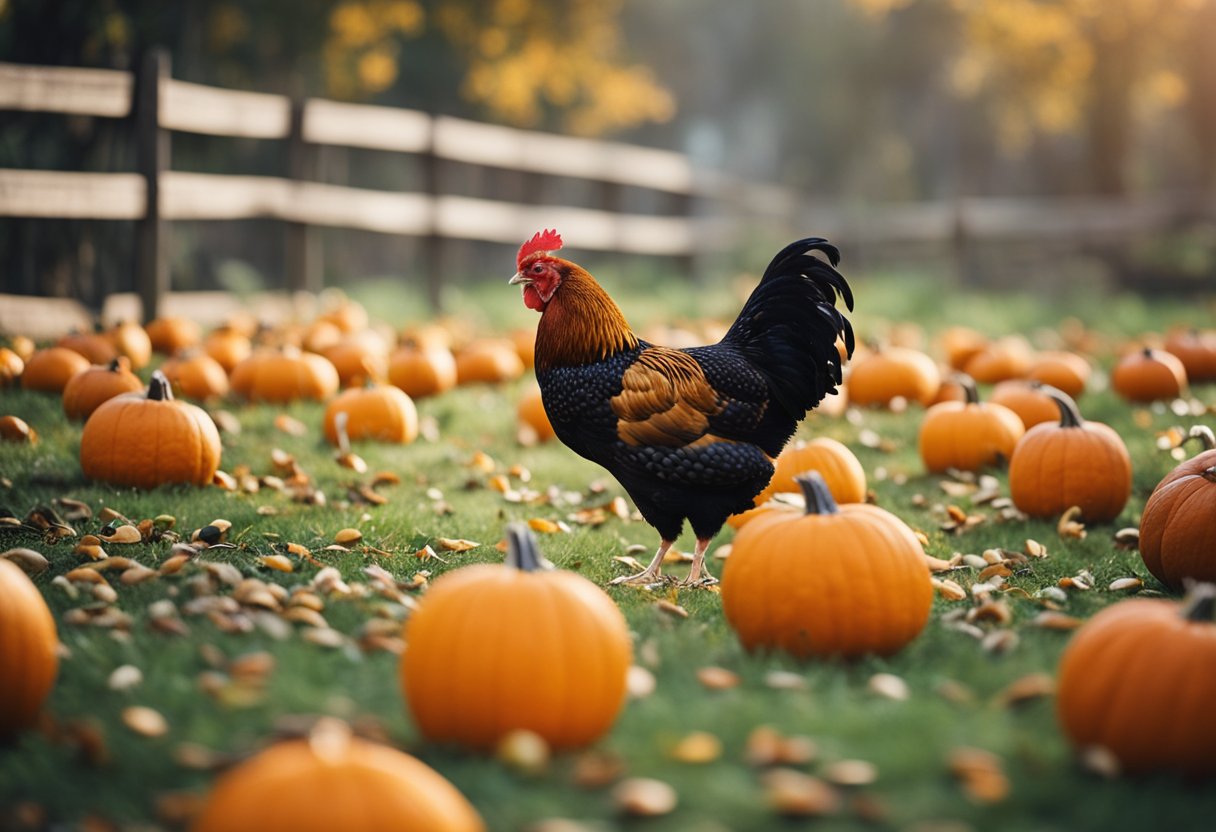
What are the benefits of feeding pumpkin seeds to chickens?
Pumpkin seeds are a good source of protein, fiber, and essential fatty acids. They also contain vitamins and minerals such as magnesium, potassium, and zinc which are important for maintaining the overall health of chickens. Feeding pumpkin seeds to chickens can also help improve their feather quality and strengthen their immune system.
How should pumpkin seeds be prepared for chicken consumption?
Pumpkin seeds should be cleaned and dried before feeding them to chickens. They can be roasted or boiled to make them easier to digest. It is important to avoid adding any salt or seasoning to the pumpkin seeds as this can be harmful to chickens.
Are there any risks associated with feeding chickens pumpkin seeds?
While feeding pumpkin seeds to chickens can provide many benefits, it is important to avoid overfeeding them as this can lead to obesity and other health problems. It is also important to ensure that the pumpkin seeds are free from any mold or contaminants which can be harmful to chickens.
What quantity of pumpkin seeds is safe for chickens to eat?
Chickens can safely consume pumpkin seeds as a treat in moderation. A handful of pumpkin seeds per week is sufficient for most chickens. It is important to monitor their intake and adjust accordingly based on their individual needs.
Can pumpkin seeds be used as a natural deworming agent for chickens?
There is some evidence to suggest that pumpkin seeds may have deworming properties for chickens. However, it is important to note that pumpkin seeds should not be used as a replacement for veterinary care and treatment. If a chicken is suspected to have worms, it is important to consult a veterinarian for proper diagnosis and treatment.
At what age can chickens start eating pumpkin seeds?
Chickens can safely consume pumpkin seeds from a young age. However, it is important to introduce new foods gradually to avoid digestive upset. It is recommended to start feeding pumpkin seeds to chickens at around 4-6 months of age.

